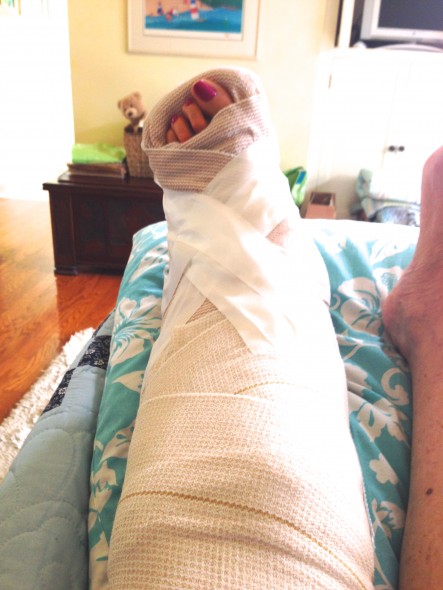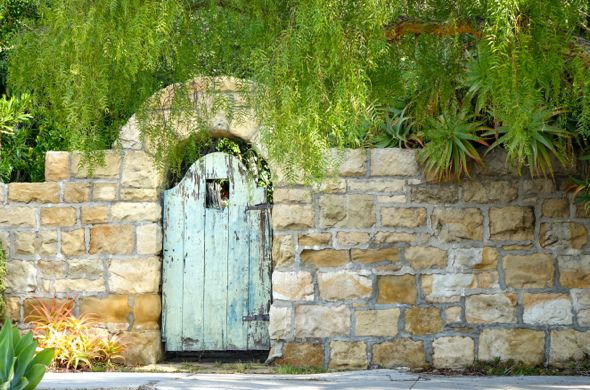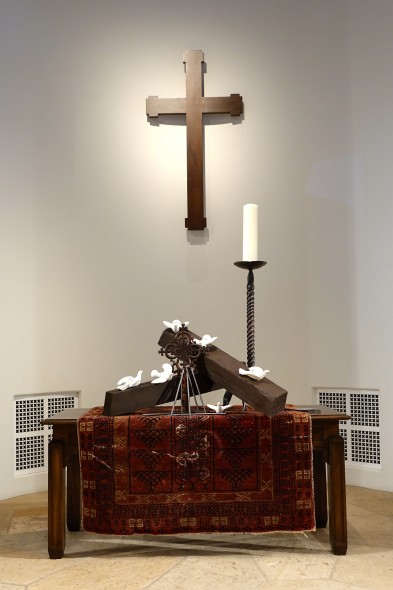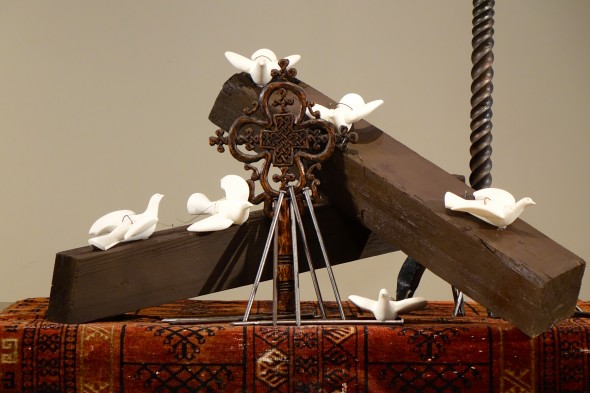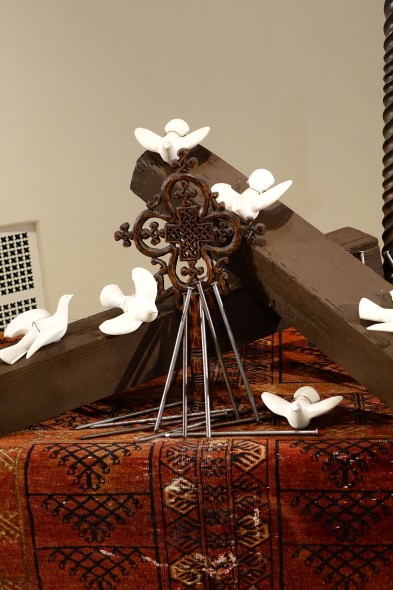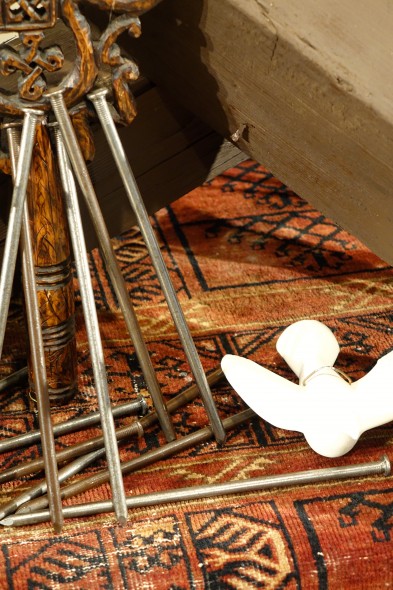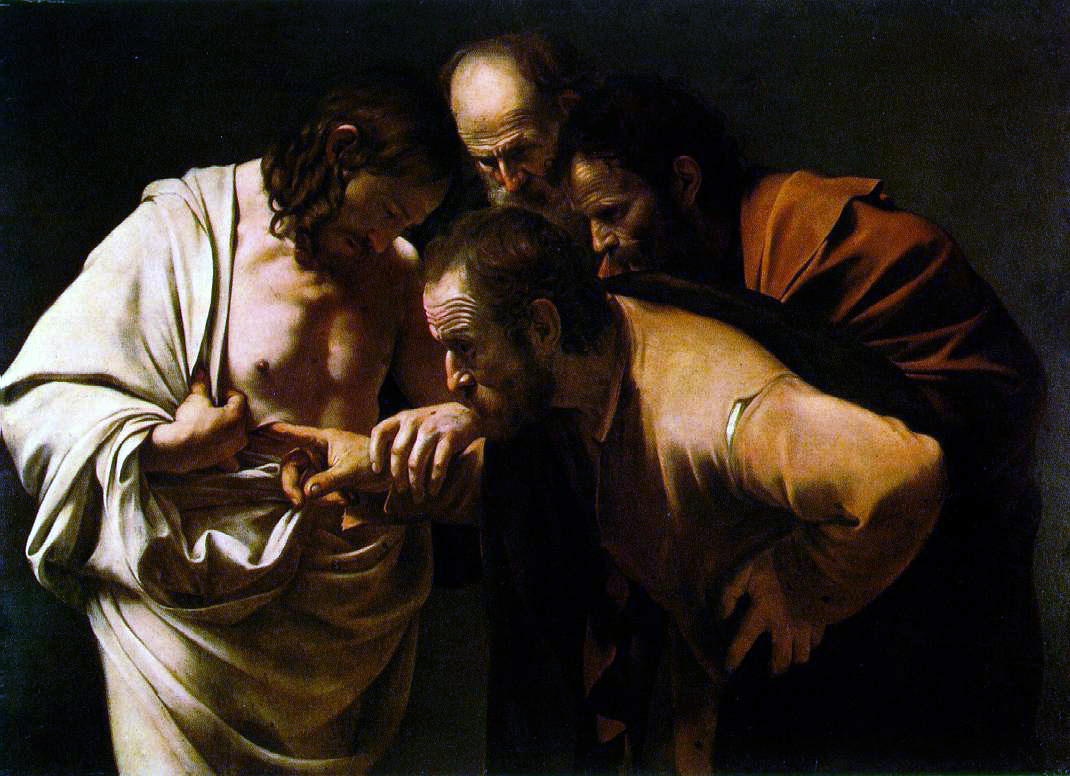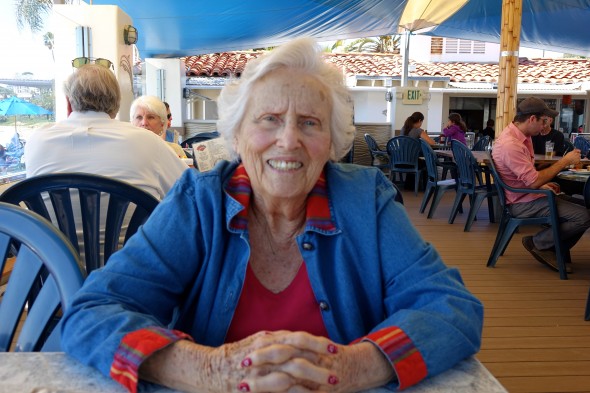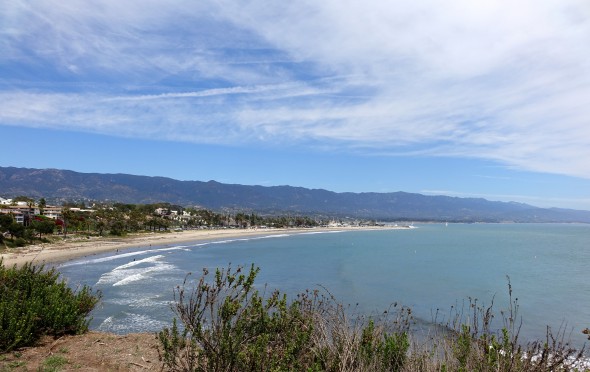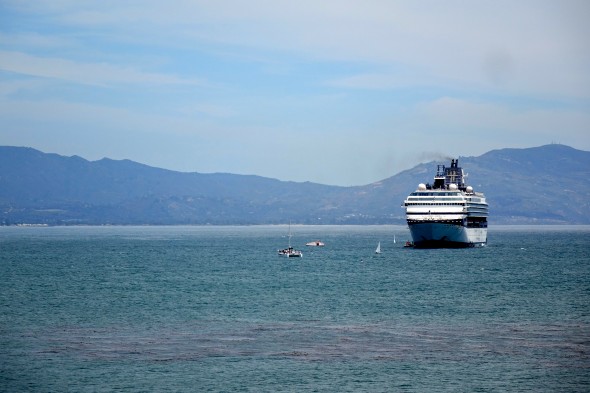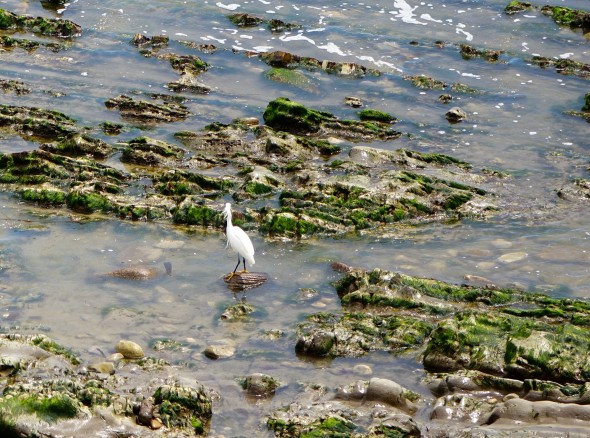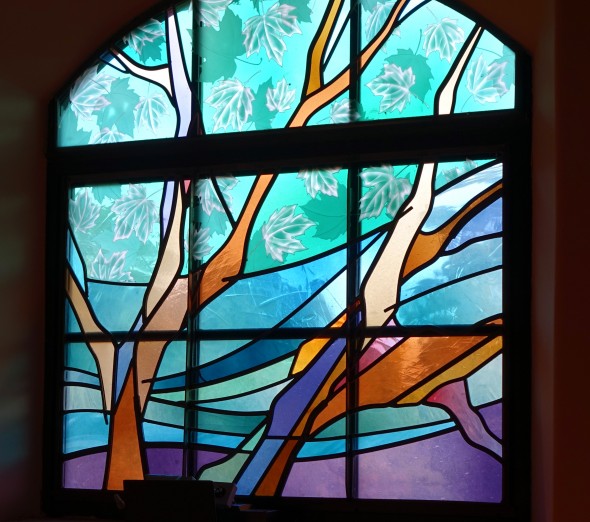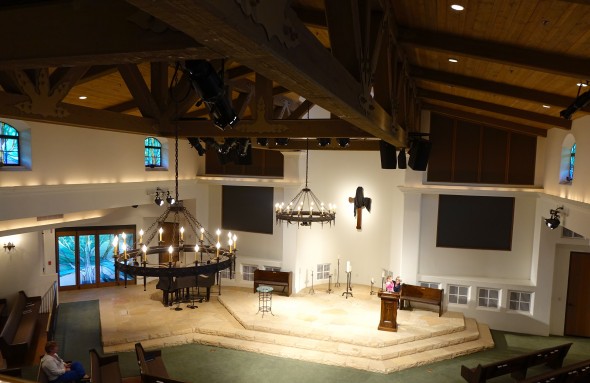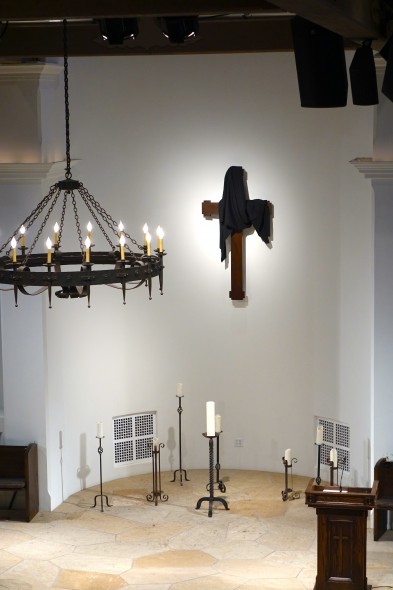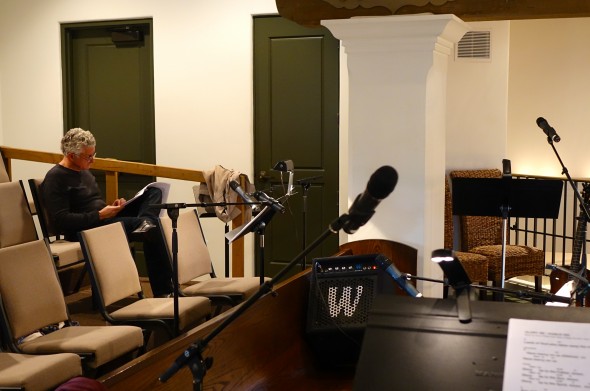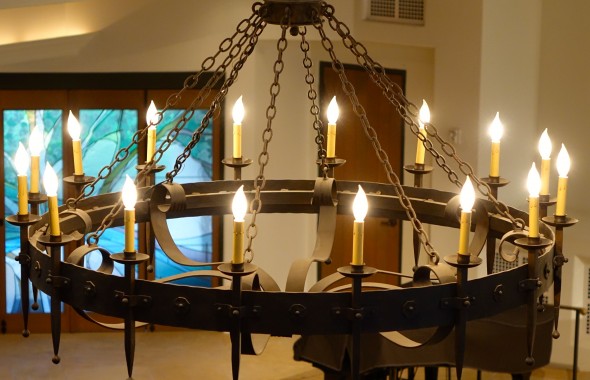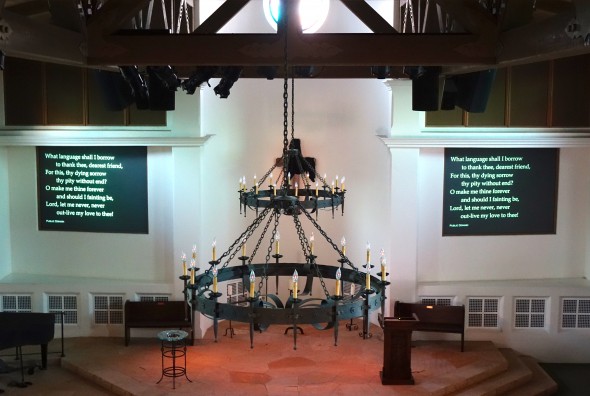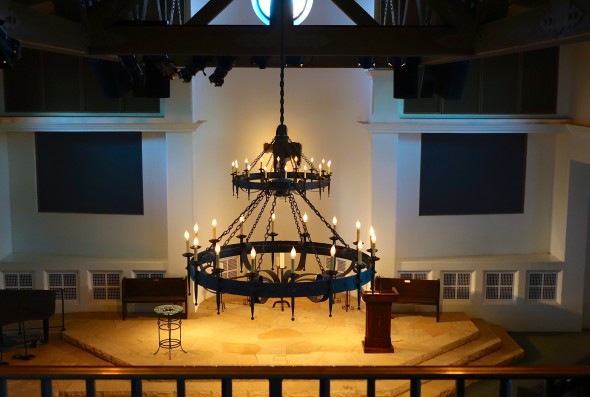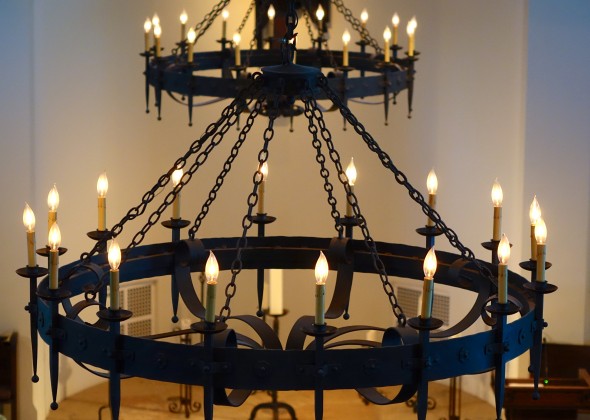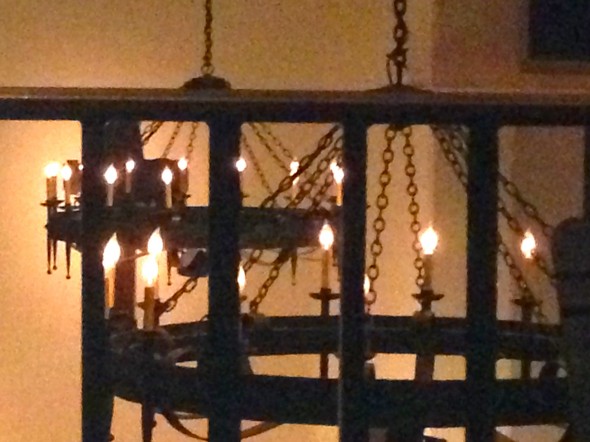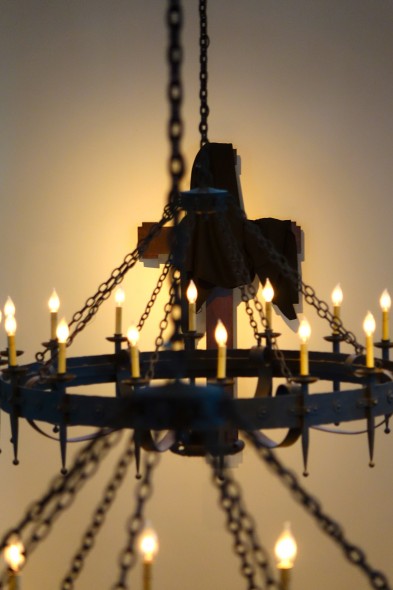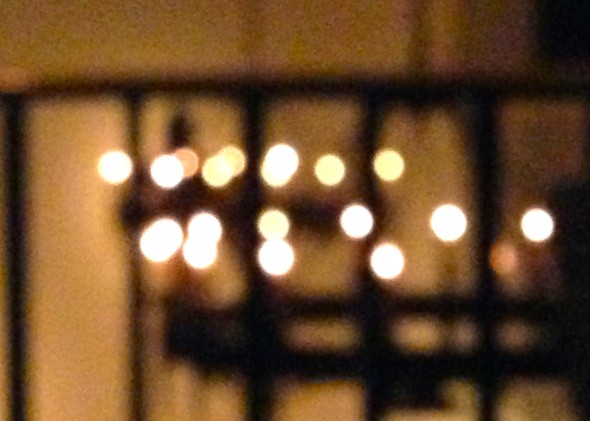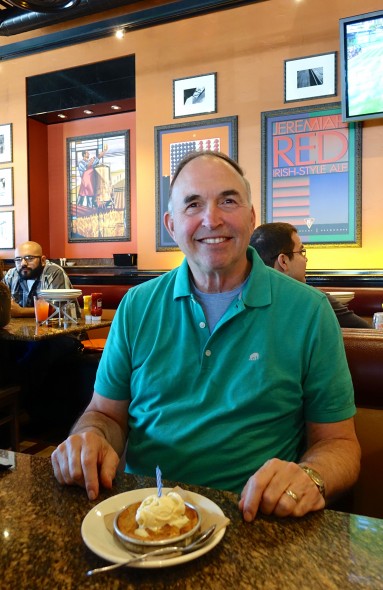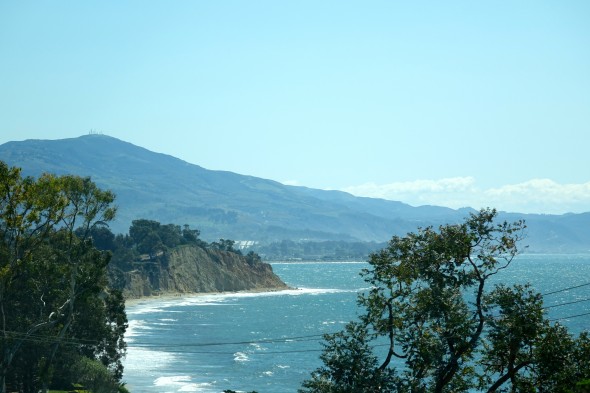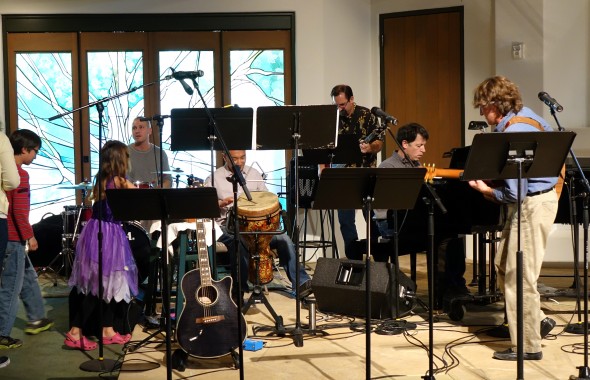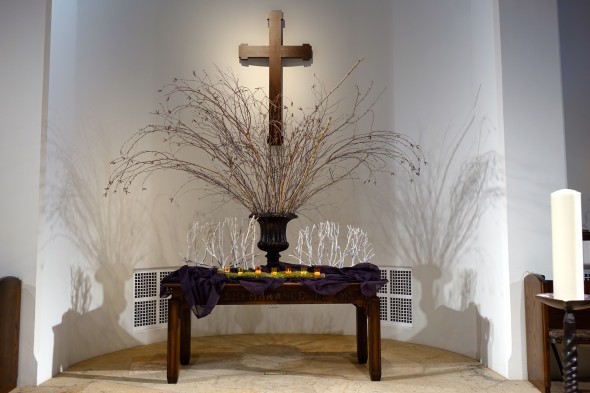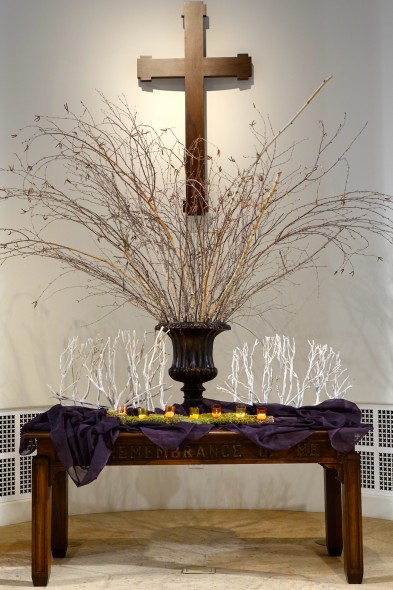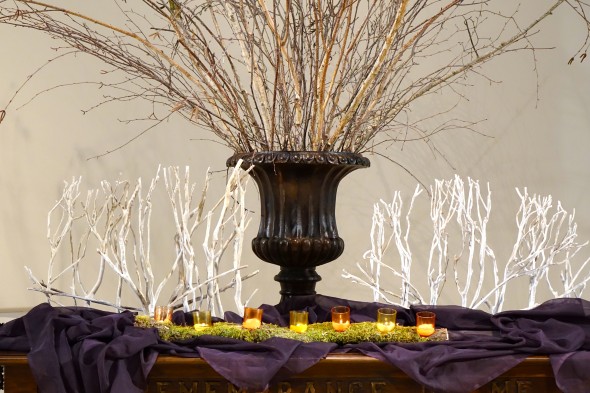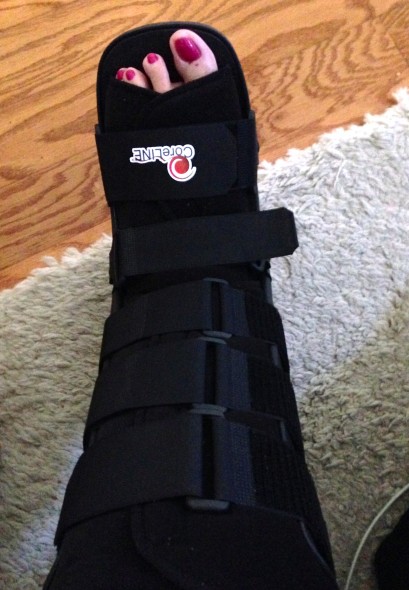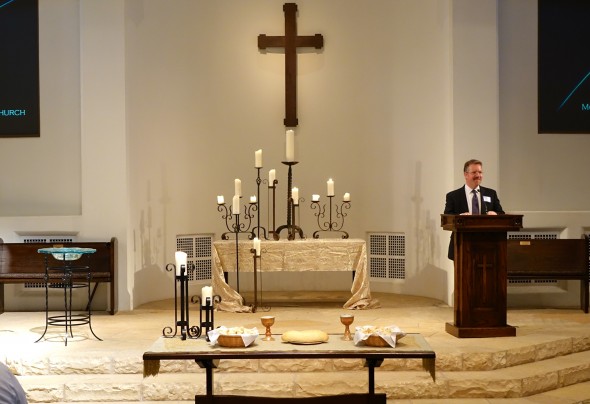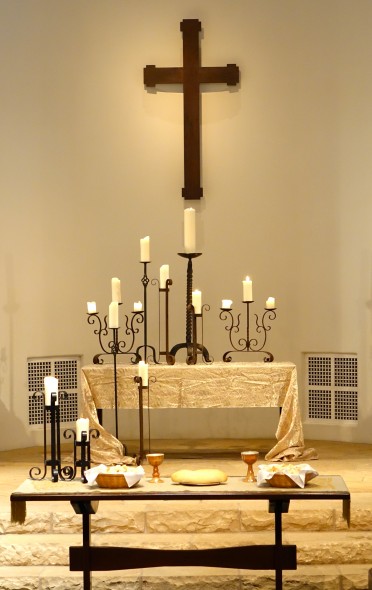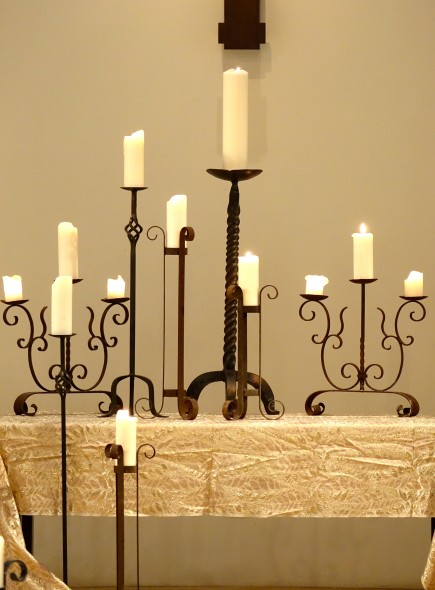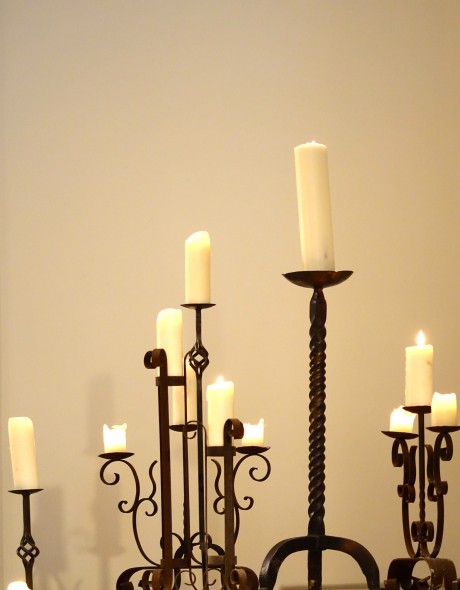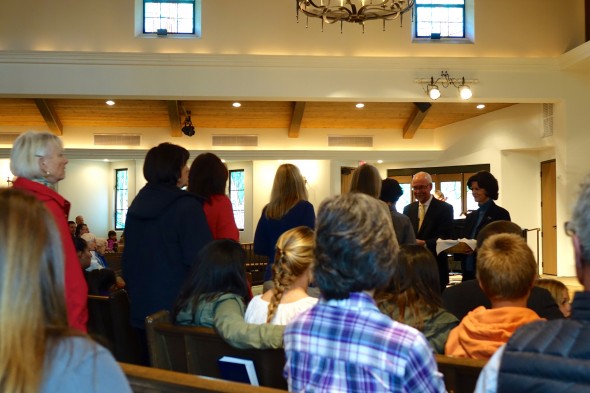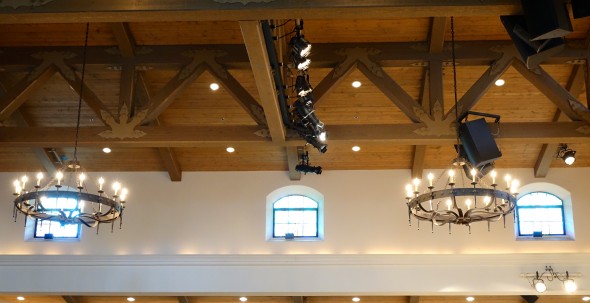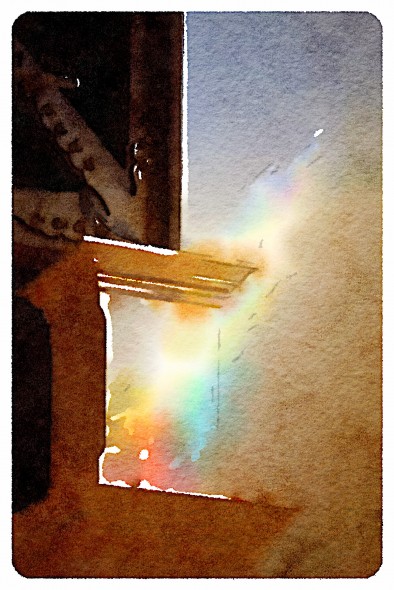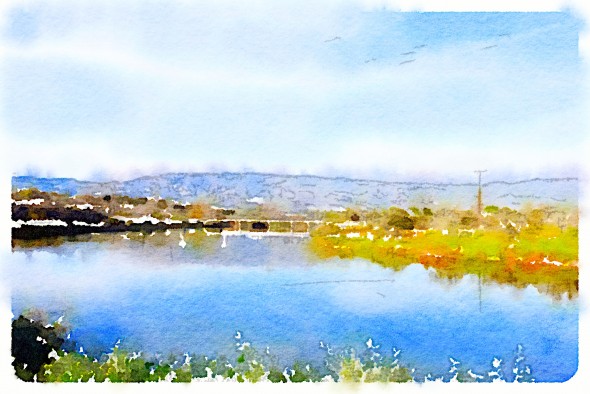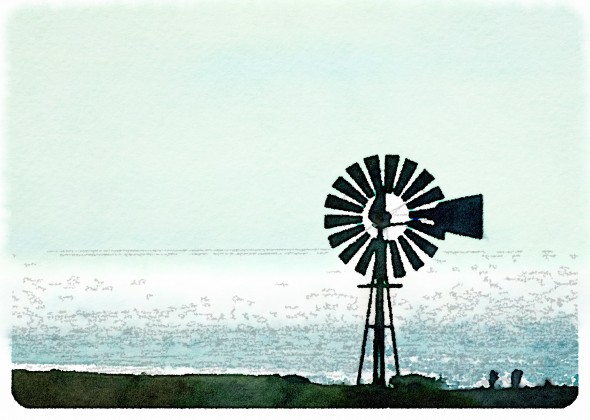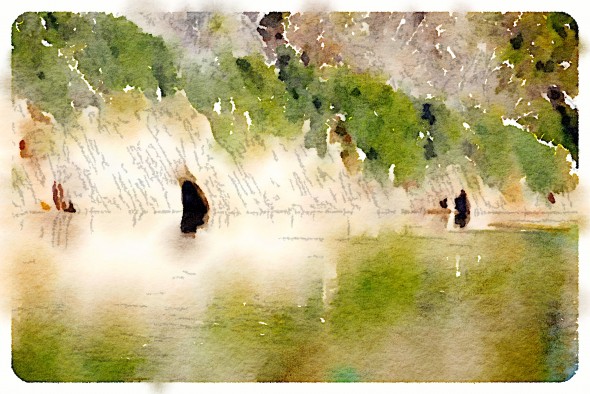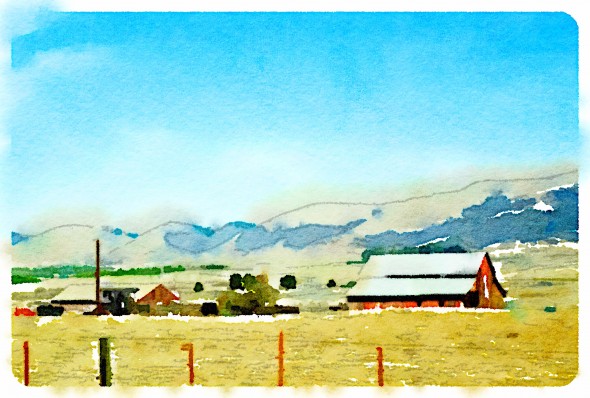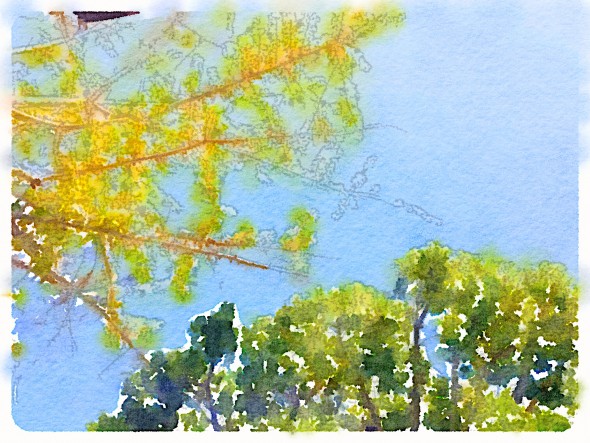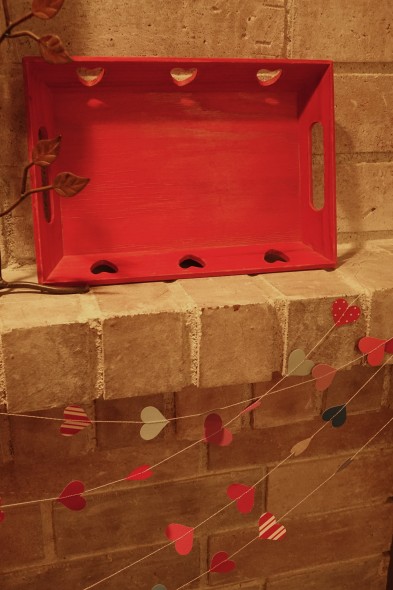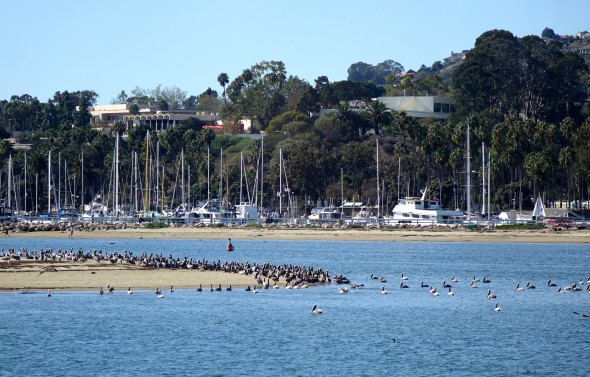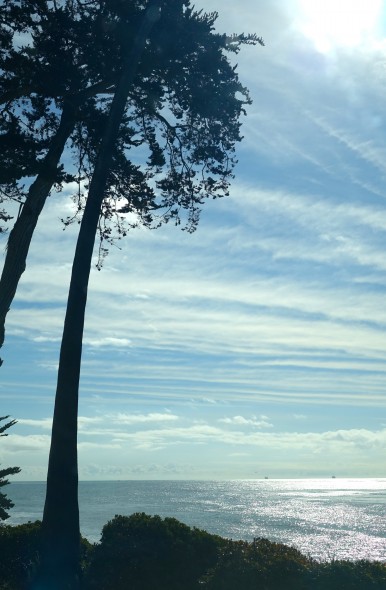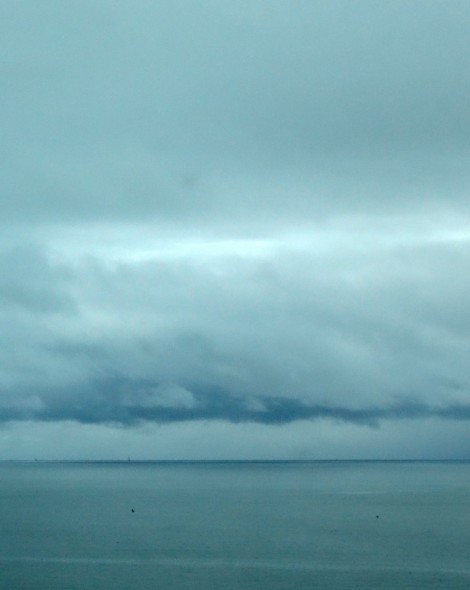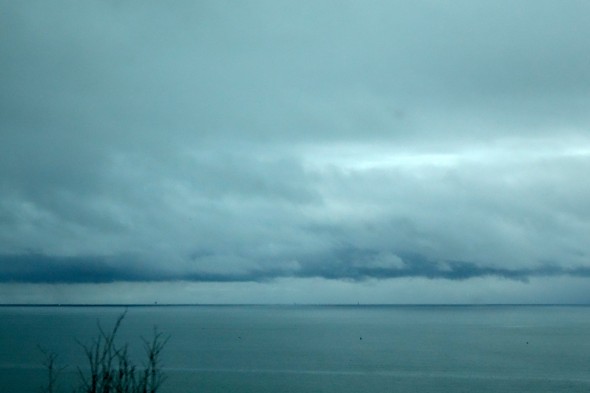The last 12 days have felt a little like I’ve been struggling my way up from the deep water, and awkwardly paddling toward the light, the air. It’s been a limiting, sometimes frightening, always exhausting experience.
It’s been a long time since I’ve had surgery* of any kind. A long time. And I knew this would be a rough one going in — there is no way to avoid the ‘roughness’ of being almost 70 years old, with a badly injured left foot, dealing with blood thinning medication from a previous event/insult to the body, and being told that there will be no weight-bearing for eight weeks.
No way around it.
And, to tell you the truth, it’s every bit as difficult as I anticipated. Pain medications kept me foggy and slightly nauseated for ten days, the shots-to-the-belly required to manage blood thinners lasted two full weeks instead of 10 days, and trying to be a ‘good girl,’ obedient to the doctor’s instructions to keep-that-foot-higher-than-your-heart-for-as-many-hours-a-day-as-possible-for-the-first-two-weeks. Well, let’s just say that the word ‘boredom’ has taken on several new layers of meaning.
I thank God for several good gifts in the midst of the crush: my husband’s faithful attendance (much, much more is demanded of him than at any point in the previous 48 years!), my children’s kind visits and assistance, my prayer-group-friends boxes of good cheer which have been arriving with lovely regularity, and my new Kindle Fire, a Mother’s Day gift from our kids.
I have watched six seasons of “Inspector Lewis,” a six-part documentary on “The Celts,” and every Jane Austen film production my Amazon Prime account gives me for free.
In the last three days, I have found the energy and focus to read again, and that has been delightful. I just began the “Anne” cycle last night for the first time in over 40 years, and am partway through both Emily Wierenga’s new memoir and a fun book sent by a prayer friend called, “Leonardo’s Foot.” Perfect topic, or what?
And then, of course, there is my new best friend.
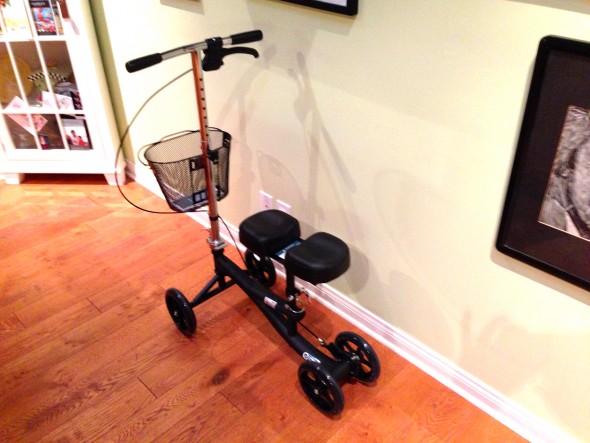
This has since been tricked out with a little scooter bling by another of the prayer group friends. Tassels and a small bell.
This handy-dandy little 4-wheeled vehicle is called a knee caddy. A wonderful invention, but not without its flaws. LOUSY turning radius, requiring me to bodily pick the entire front half up off the ground to make a 90 degree turn. Still – it’s worth it. I spent the first three days hopping behind a 2-wheel walker, so this is a vast improvement. Our son-in-law built me a ramp to cover the two steps down from the master bedroom area to the living room/kitchen and I try to carefully maneuver that at least once a day.
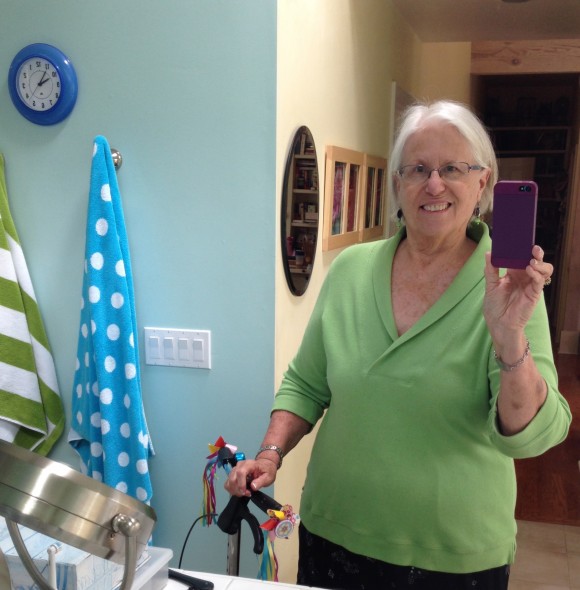
I am both looking and feeling my age and am aware of some pretty deep levels of exhaustion and anxiety. By the grace of God, I am trying to remain open to the graces to be found, even here, even now. Giving up self-reliance is a huge monster of a thing for me. Just an ugly, hard thing. I like being competent and in control, even though I know that any semblance of control is always but a ghost of reality, a trick of the mind.
Because as it happens, there is very little in this life that we can control. Except, perhaps, for our responses to whatever it is life hands us at a given moment in time. I remain grateful that God invites me to partner in this life-course, daily choice business of discipleship. I am not a puppet nor is every detail of my day-to-day life mapped out ahead of time. I still get to choose. There are events, circumstances, illnesses and injuries that are beyond me, beyond any capacity of mine to change. But there are always choices. Always.
I can choose to say thank you to those who help me, who pray for me, who bring twice-weekly meals, who send love in a cardboard box, who pay a visit and offer a sympathetic smile.
I can choose to value my family, to appreciate their encouragement, support, assistance and great good humor.
I can choose to lean into the fear when it rises, to say the Jesus prayer whenever necessary, for as many times as it takes to slow my breathing and return my focus to the goodness of my life. Even here, even now.
I can choose to look for God’s grace and goodness, even when it hurts, even when I’m bored, even when I’m tired, even when I’m confused.
I can choose to lean and to learn, to seek and to find, to listen and to look, to love and be loved.
I can choose.
And so I will.
In two days, we return to the surgeon. Hopefully the cast will come off, the stitches will come out and there will be early evidence of the bone beginning to heal, the tendon attachments beginning to take hold. Then I’ll go into a removable boot for the remaining six weeks, which I hope-and-pray will mean the ability to shower without a huge plastic cover-up over my left calf.
I’ll report again after that appointment.
*For those who do not know what this surgery was about – a brief synopsis Last summer, I injured my left achilles tendon while taking an early morning walk when we were vacationing in Hawaii. I began physical therapy when we returned home, with very good results. Near the end of those sessions, I had a firm massage from the therapist in which the outside of that foot was pressed against the edge of the massage table and I was instructed to resist that movement. In doing so, I somehow managed to rupture the pereoneus brevis tendon, which comes down from the back bone of the lower leg and wraps around the ankle before heading to the outside of the foot and attaching to the little toe. It runs adjacent to the peroneus longus, which takes a turn at the ankle, going under the foot and over to the big toe. After trying three different appliances from three different doctors in an effort to avoid this surgery, the orthopedic surgeon took an additional series of x-rays which revealed a congenital malformation of the heel bone, likely contributing greatly to the tendon rupture in the first place. So. In two different incisions, which I have yet to see, he went in and broke the heel bone, straightening it and pinning it upright with screws and he cleaned up the torn tendon and reattached it to the neighboring one. And yes, it hurts about as much it sounds like it would.
